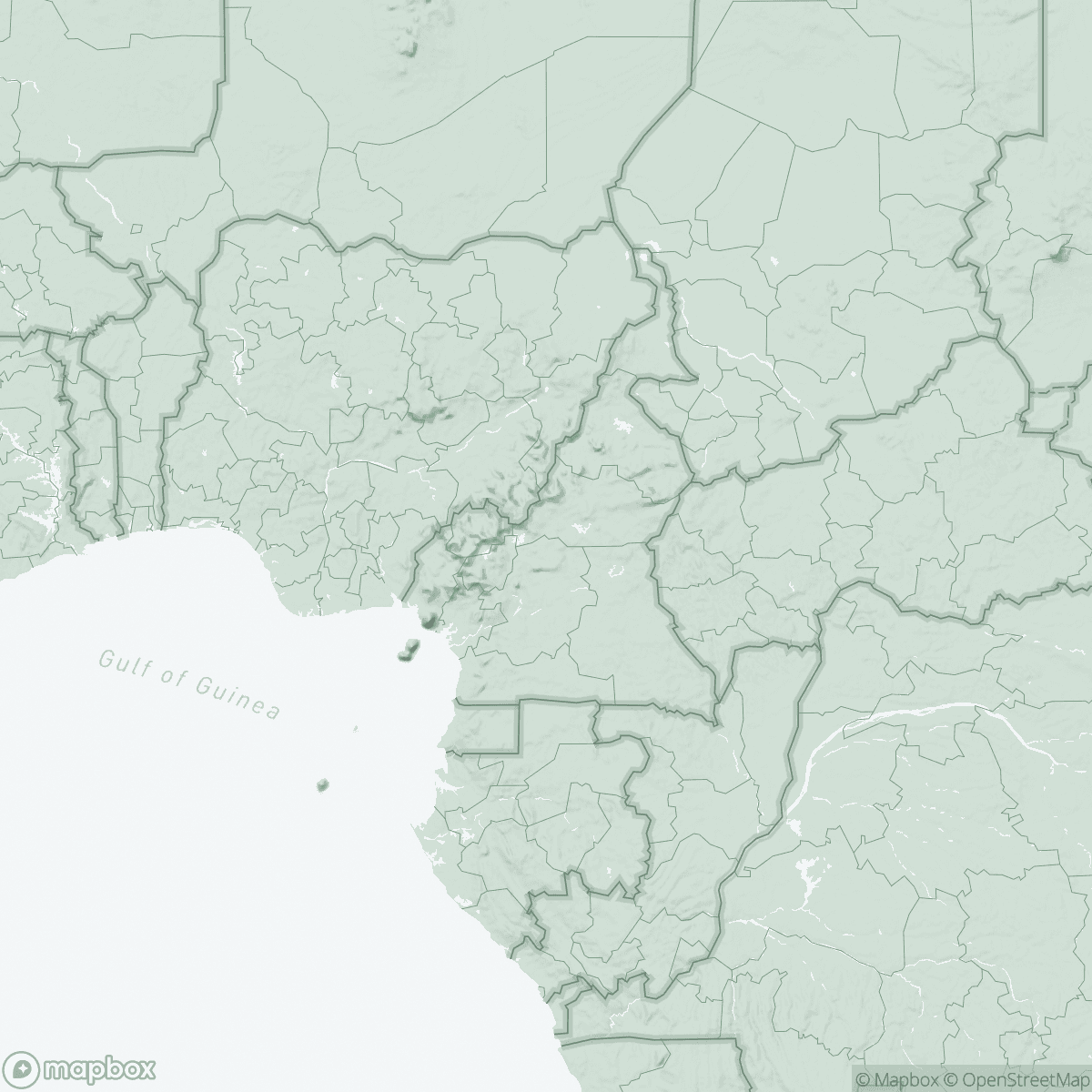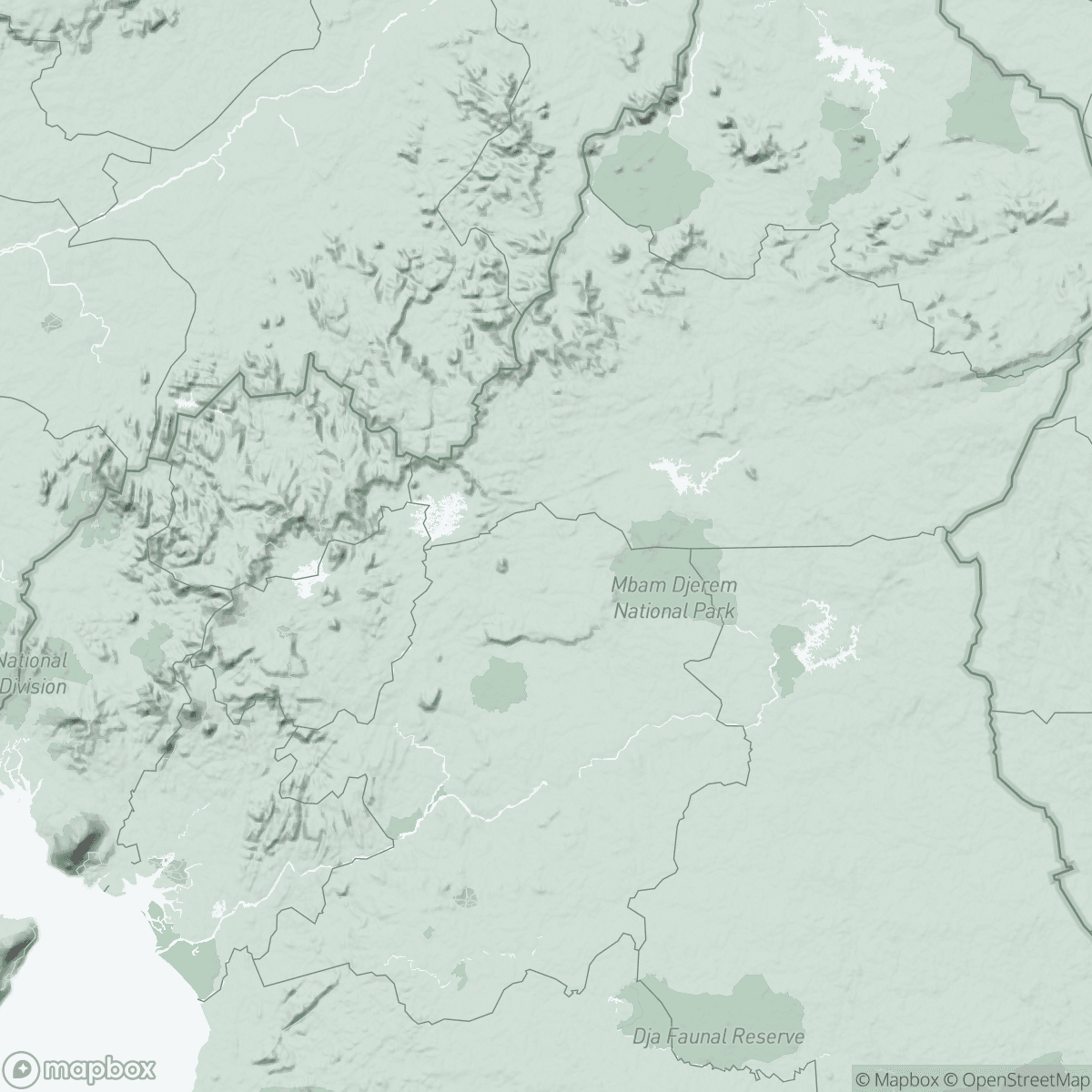
Cameroon: 40 years of humanitarian dedication
In 1 click, help us spread this information :
Over the past four decades, our teams have stood at the forefront of major humanitarian crises Cameroon has faced. From responding to an outbreak of the tropical neglected disease schistosomiasis in 1984 in Lagdo in the North region, to supporting victims of conflict, epidemics and natural disasters, we have provided essential medical and humanitarian aid in eight of the country’s 10 regions in an ever-changing landscape filled with challenges.
HIV/AIDS: free access to treatment
From 2001 to 2014, MSF significantly improved HIV/AIDS care in the cities of Douala and Yaoundé by providing free antiretroviral (ARV) treatment at a time when only the wealthiest people could afford to buy anti-HIV medication, despite a national HIV prevalence rate of 11 per cent.
MSF set up four projects focused on the prevention and treatment of HIV/AIDS, with the support of the MSF’s Campaign for Access to Essential Medicines. Starting in January 2001, more than 50,000 HIV-positive people accessed free ARV treatment through these projects.
Coping with the pain, misery and testimonies of the patients was not easy. We had to hold back our own tears and find the words and gestures to give them the support they needed. At the end of the project, it was in the smiles, the hope of the patients and the efforts we made to relieve their suffering that we found the strength to continue our mission."

Improving Buruli ulcer treatment
In 2002, MSF identified more than 200 people with the neglected tropical disease Buruli ulcer in Akonolinga, in Centre region. Working with the local Ministry of Health and Geneva University Hospitals, MSF launched a response, which included the introduction of more effective and more comfortable wound dressings for people with the disease.
Between 2002 and 2014, MSF also trained local healthcare professionals in caring for patients with Buruli ulcer and helped set up the Cameroon Association for Wound Care (ACPC), an initiative to enhance patient care in a sustainable manner.

“In 2002, at the age of 10, I contracted Buruli ulcer in Akonolinga. My grandmother had died from it a year earlier, which worried my family a lot when I fell ill too. Fortunately, the Médecins Sans Frontières teams took me in for free and gave me a skin graft. Today, if I don’t tell my story, no one will guess that I suffered from this disease, which was surrounded by a lot of stigma.” — Corinne Akamba
Emergency responses to humanitarian crises
MSF has launched several emergency interventions in response to health and humanitarian crises in Cameroon, including:
- Chadian refugee crisis (1989 and 2008): Violence in neighbouring Chad drove more than 30,000 people to seek refuge in Cameroon, where MSF provided them with medical assistance.
- Central African refugee crisis (2007–16): Following episodes of violence in neighbouring Central African Republic, refugees crossed into eastern Cameroon, where MSF provided medical consultations and distributed clean drinking water.
- Nigerian refugee crisis (2015–17): After refugees from Nigeria sought shelter in Cameroon, MSF conducted some 110,000 medical consultations and distributed thousands of litres of clean drinking water in Minawao refugee camp. MSF also expanded the capacity of nearby hospitals and reinforced hospital medical teams.
- Violence in Northwest and Southwest regions (2018–22): MSF helped ensure that victims of violence had access to medical care by providing medical treatment, surgical care and malnutrition treatment. MSF also operated the only functional ambulance service in the violence-hit regions. It’s also the first time, MSF teams was forced to withdraw his activities while responding in the country. As consequence, a major impact for the populations affected by armed violence in those regions who seeing access to medical services.
Since the early 2000s, MSF has also supported national efforts during various health crises, including cholera epidemics in the Far North, Centre, South and East regions, and during the COVID-19 pandemic. In 2020, MSF cared for more than 1,500 patients with COVID-19 in the hardest-hit regions, alongside raising awareness of the disease and running vaccination campaigns.
Ongoing crisis in the Far North
The humanitarian crisis in the Lake Chad Basin has worsened since the 2000s, fuelled by armed conflict, epidemics and climate change. In Mora, MSF teams continue to provide emergency surgery, mental health services, and treatment for diseases such as malaria.
In 2024, MSF upgraded Mora district hospital to help it meet people’s growing medical needs. Since January, MSF surgeons have performed 1,087 surgeries. “With this modernisation, we can now handle diverse surgical cases according to international standards,” says MSF head of mission Alexis Bahati.


A future defined by commitment
For 40 years, MSF has responded to humanitarian challenges in Cameroon with the help of strong partnerships with authorities and local communities. MSF’s enduring commitment includes developing innovative approaches to address people’s most urgent medical needs.




